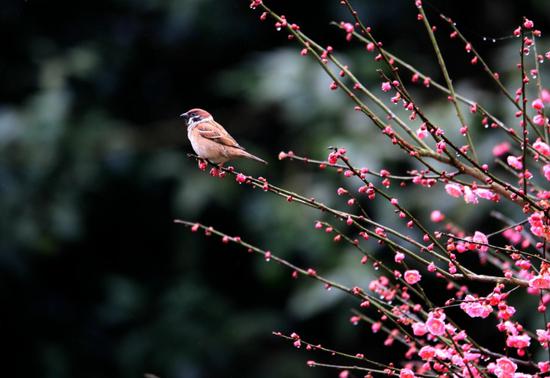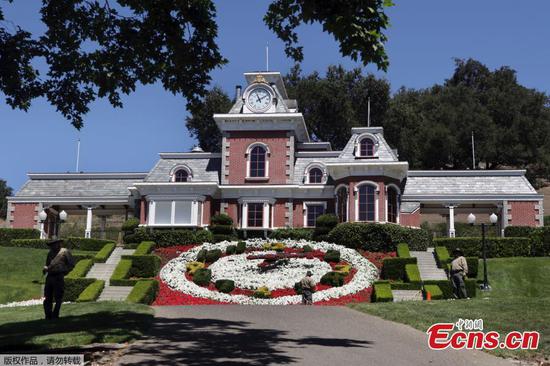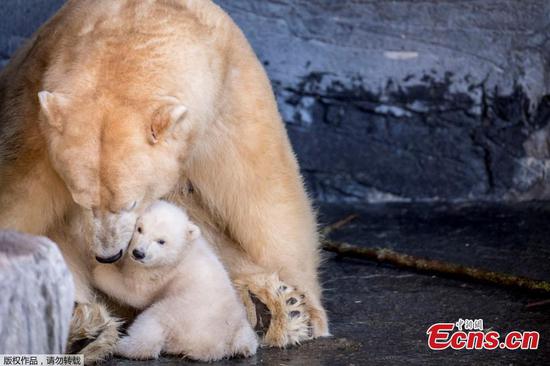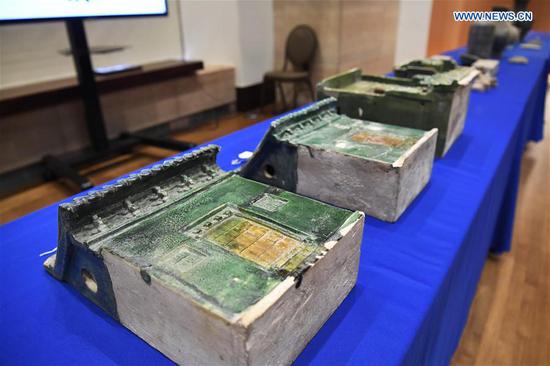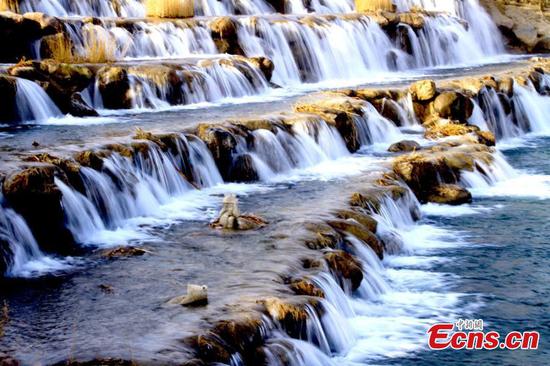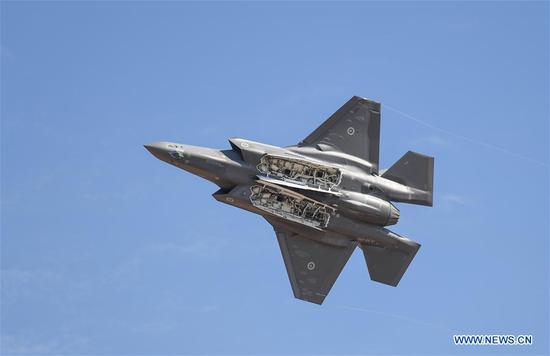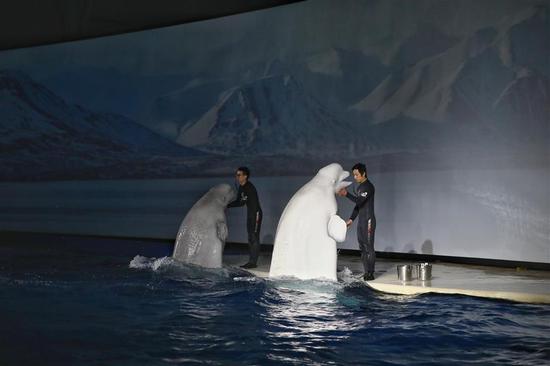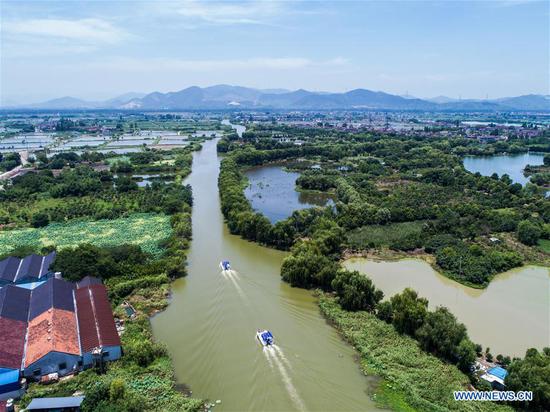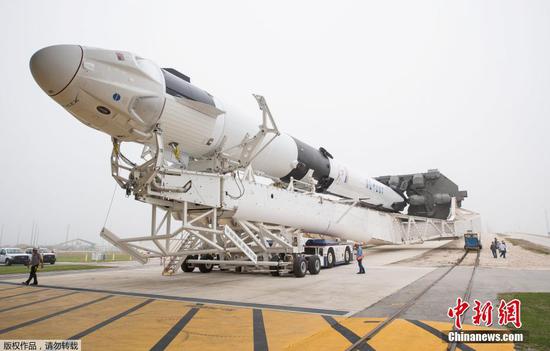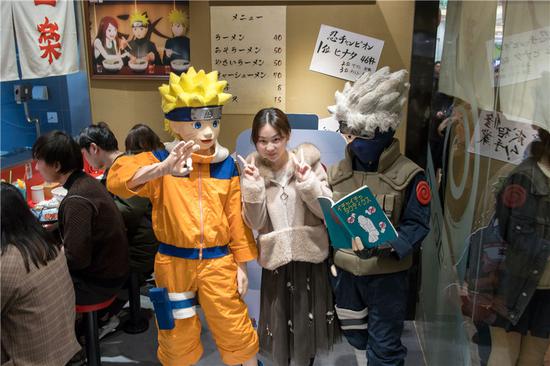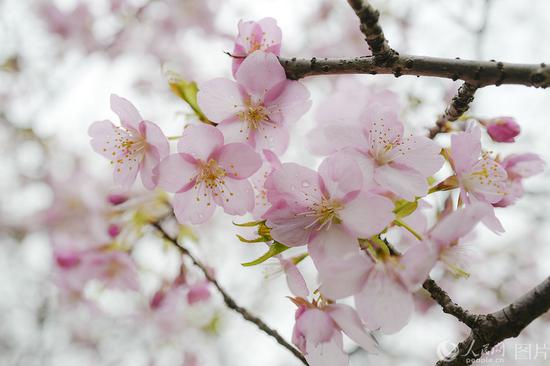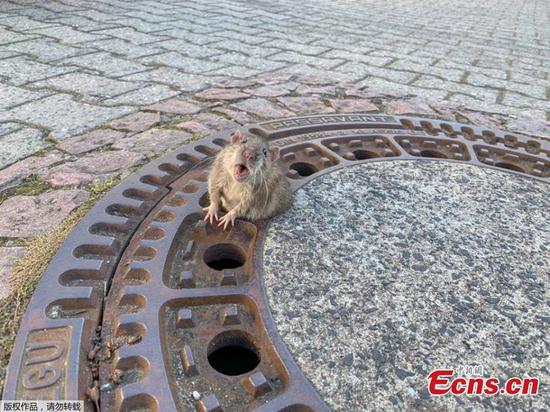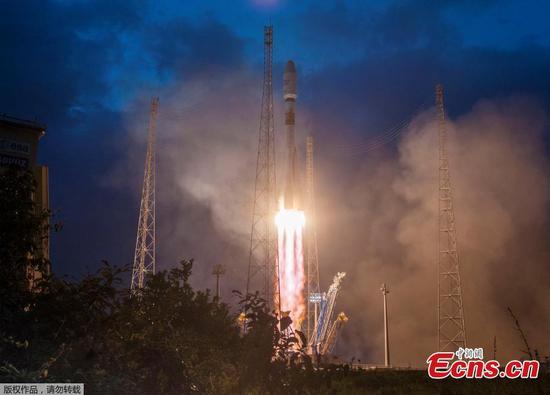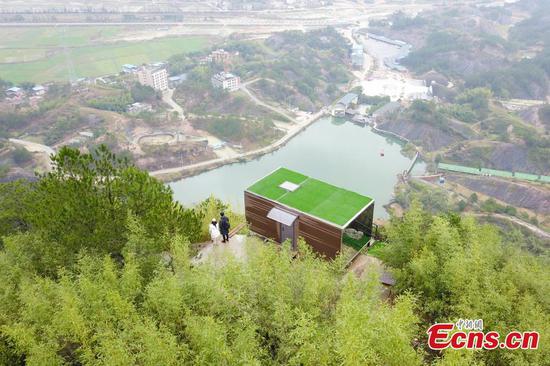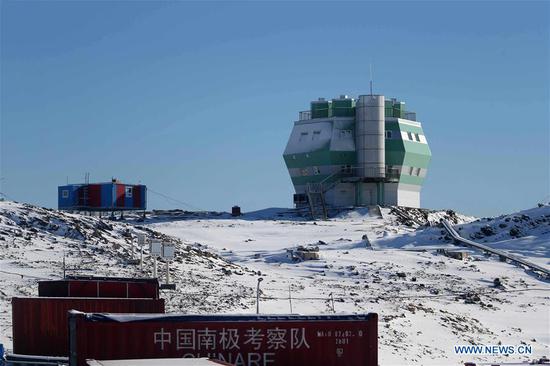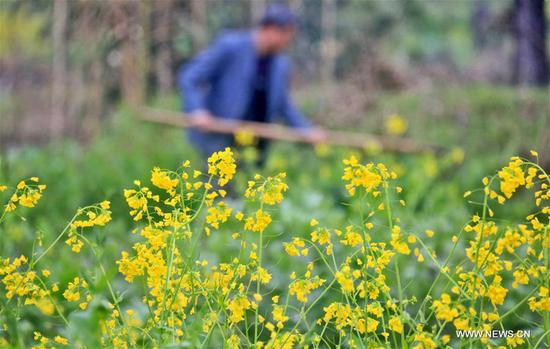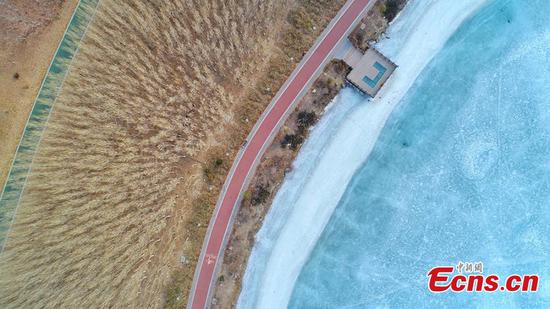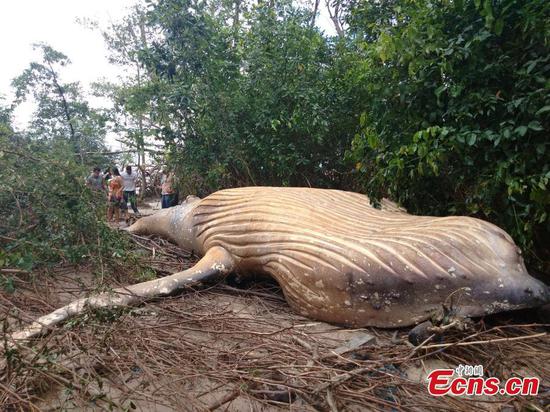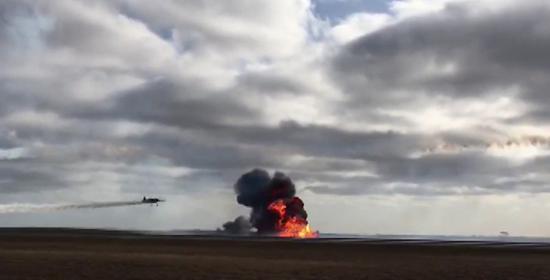China's environmental authority on Thursday vowed consistent efforts to protect the environment at Mount Qomolangma National Nature Reserve in Tibet Autonomous Region. Known as Mount Everest to English-speakers, Qomolangma is famous for being the tallest mountain above sea level.
Efforts will be taken to strengthen monitoring, enhance mountaineering trash clean-ups, reduce tourism and climbing activity-generated pollution and rectify irregularities, Liu Youbin, a spokesperson with the Ministry of Ecology and Environment, said in a press conference.
The measures came after the reserve banned ordinary tourists from entering its core zone to conserve the environment of the world's highest mountain.
Liu said the environment on Mount Qomolangma has seen significant improvement, but the number of tourists has kept increasing. Allowing tourists to enter the core zone of the reserve will add pressure on environmental protection there.
Ordinary tourists are banned from areas above Rongpo Monastery, around 5,000 meters above sea level. A new tent camp will be set up nearly two kilometers away from the original site.
For travelers who have a climbing permit, the mountaineering activities will not be affected, according to the reserve, which was set up in 1988.
Though ordinary visitors can't go beyond the monastery, it won't affect them from appreciating the mountain, Liu said.
Covering an area of around 33,800 square km including a 10,312-square km core zone, the reserve is home to one of the world's most vulnerable ecosystems.









